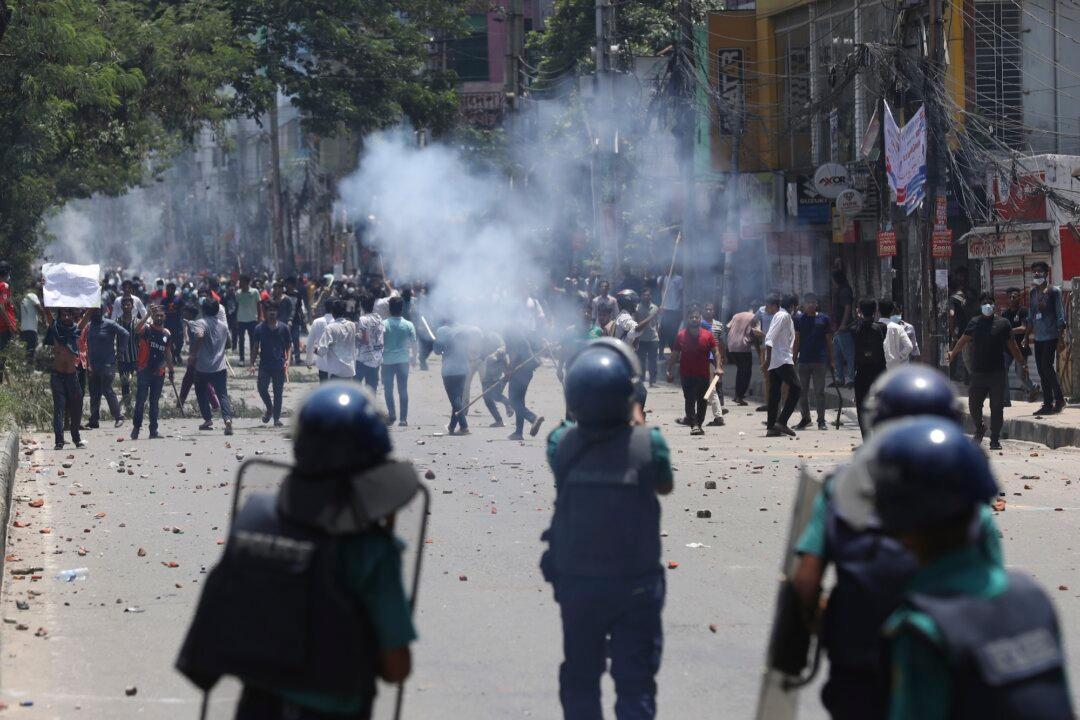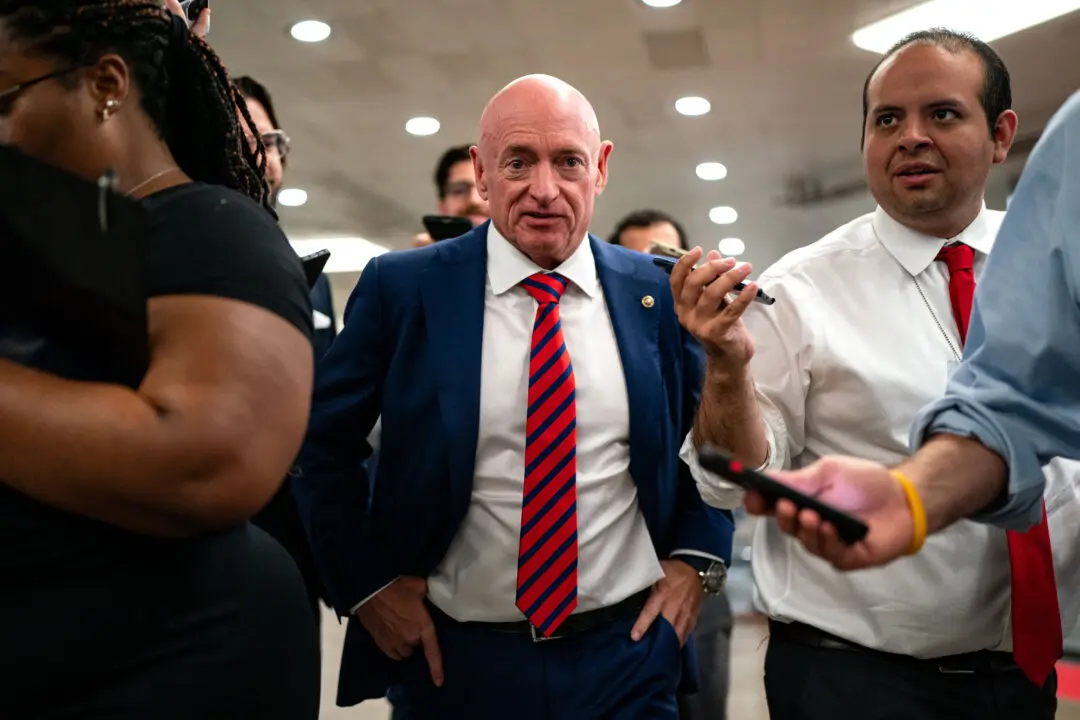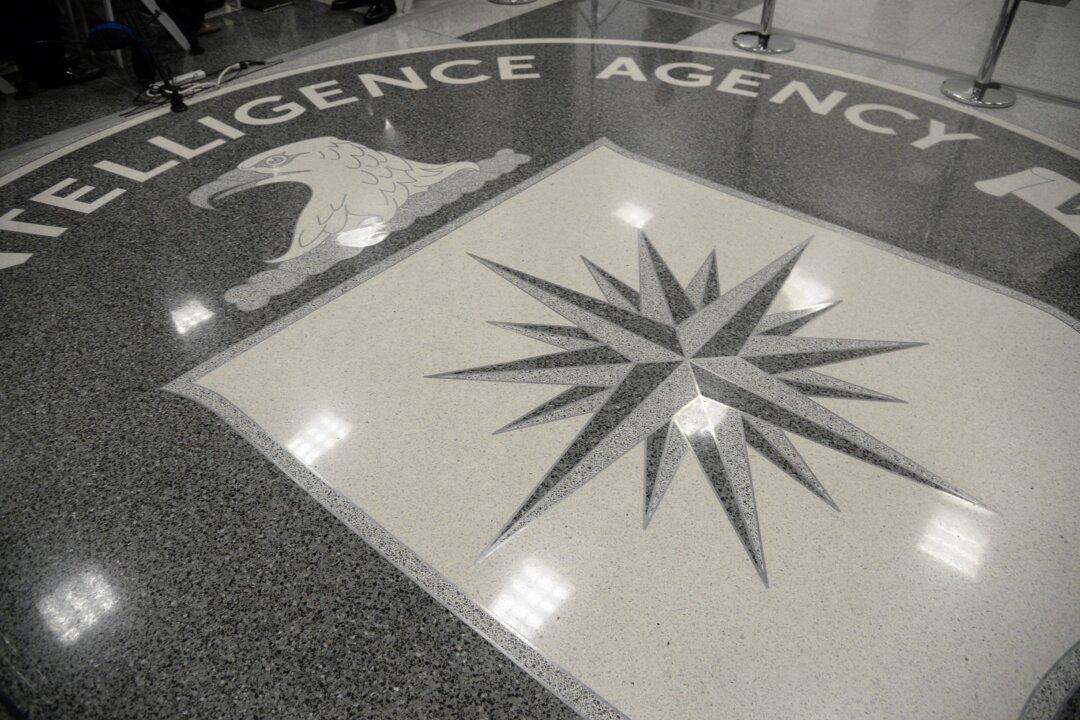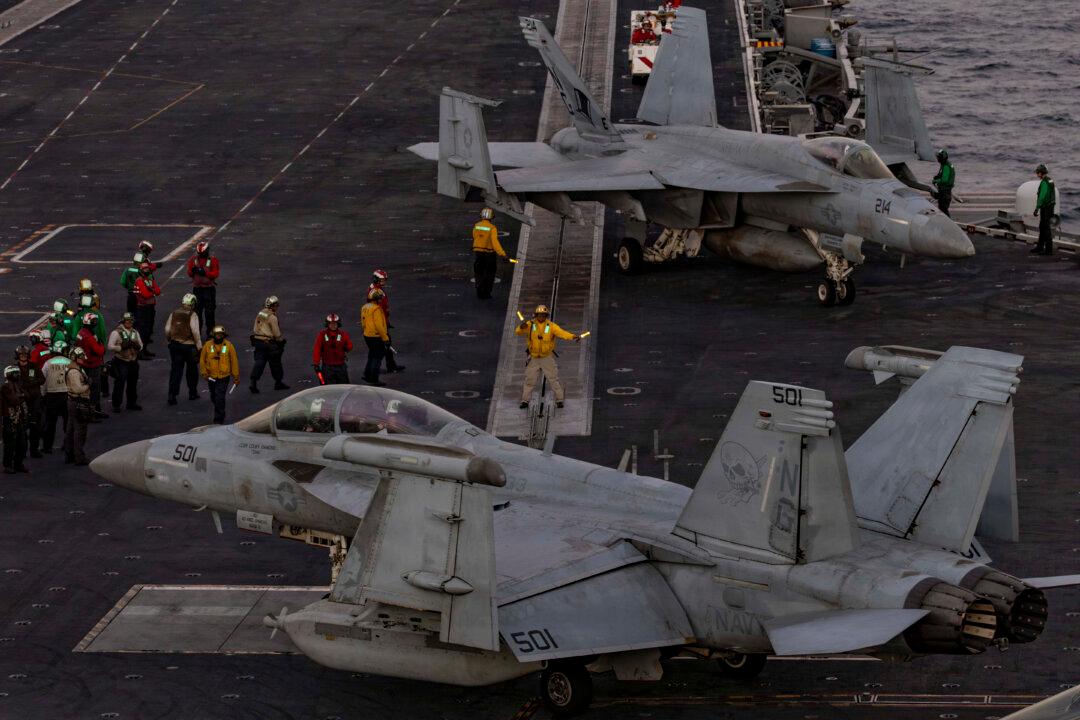Bangladeshi Prime Minister Sheikh Hasina Wazed resigned and fled the country on Aug. 5, according to the country’s top military officer. The move came after weeks of protests against a quota system for government jobs descended into violence.
Gen. Waker-uz-Zaman, the chief of Bangladesh’s Army Staff and the country’s top military official, announced Hasina’s resignation in a televised news conference.





